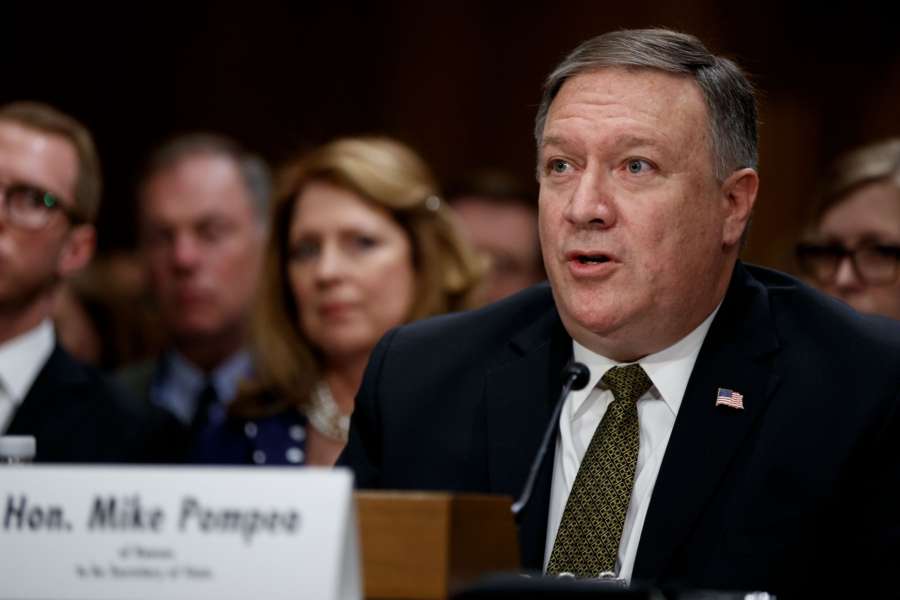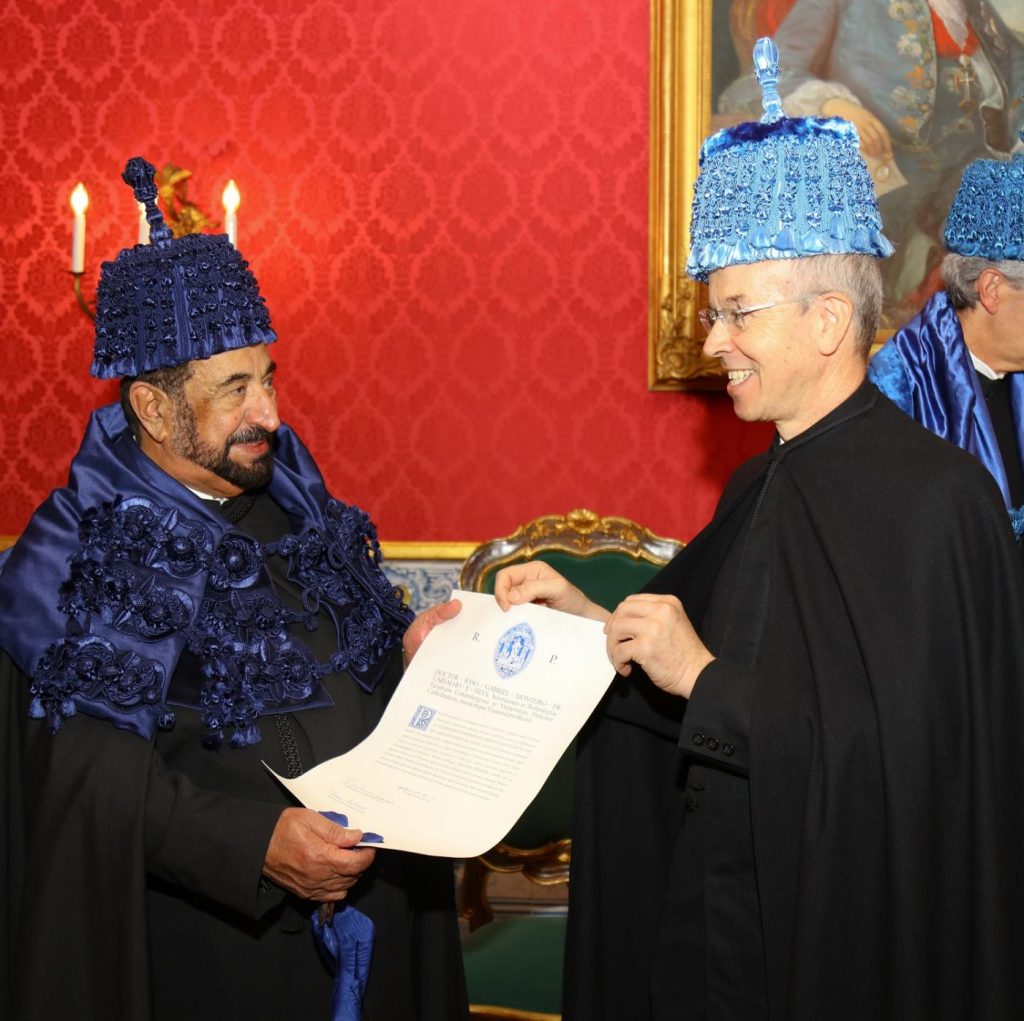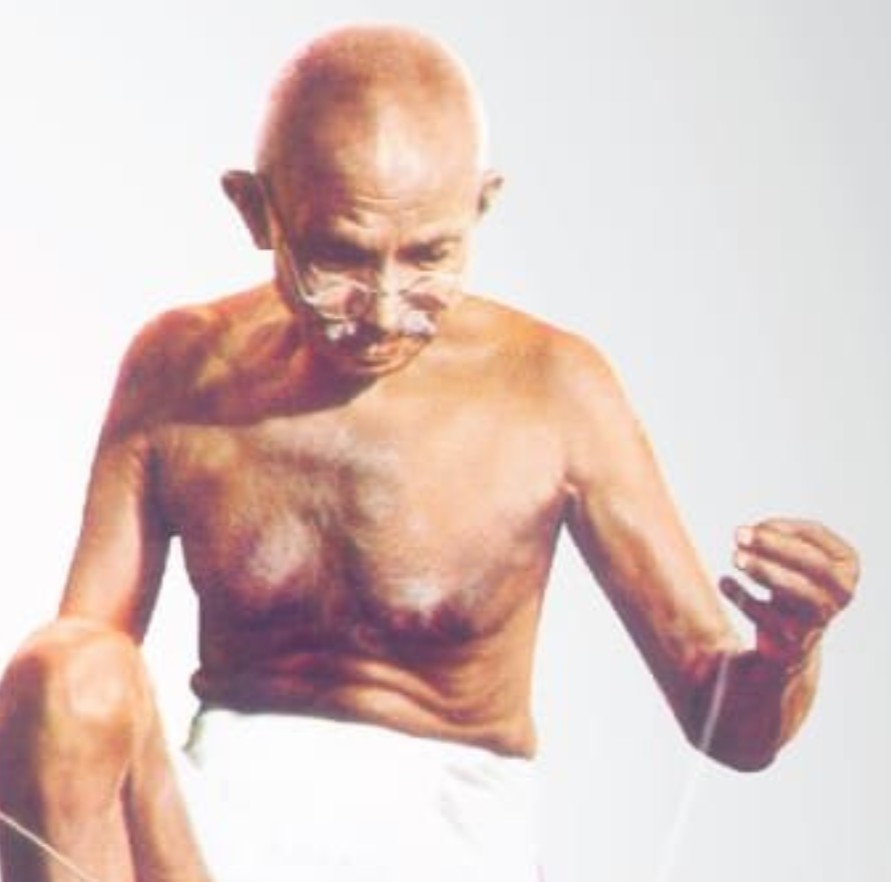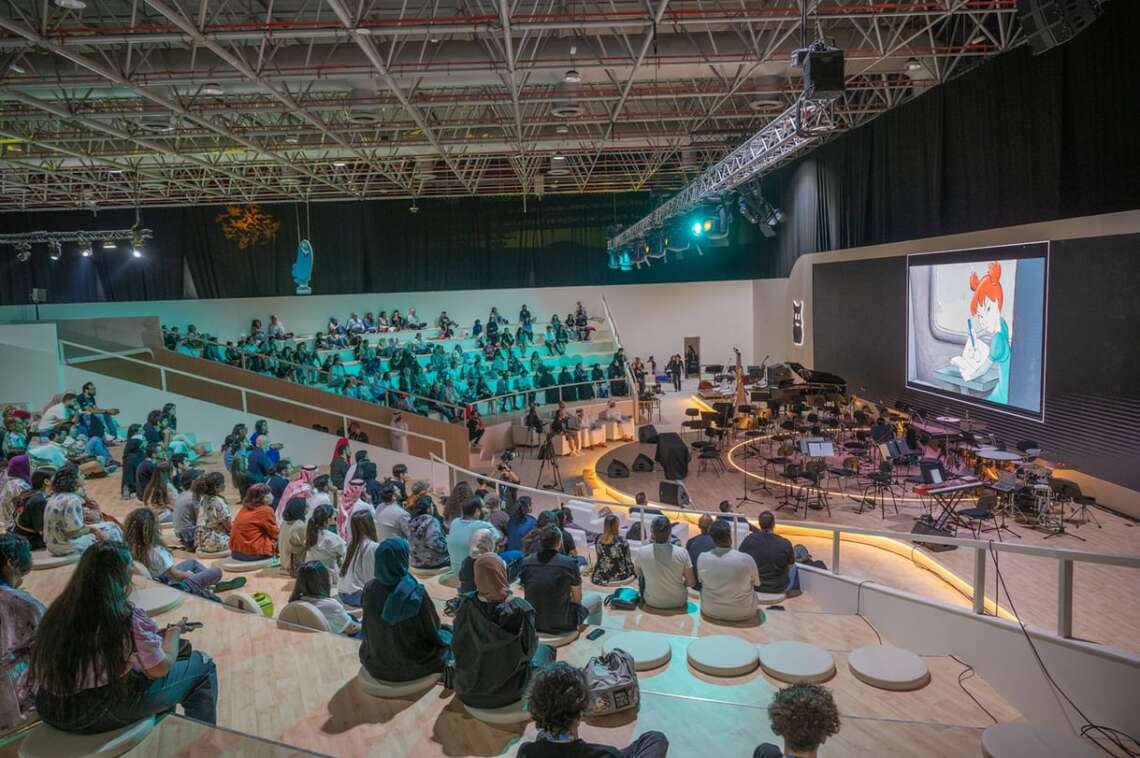India will go ahead with the deal to purchase the S-400 Triumph missile defence system as well as frigates and helicopters from Russia despite the US sanctions imposed on Moscow, according to a former Indian diplomat, who is now a foreign policy analyst…reports Asian Lite News

Ambassador Ashok Sajjanhar told IANS in an interview here ahead of Russian President Vladimir Putin’s official visit to India that he is also “reasonably confident” that New Delhi would be granted a waiver from the US sanctions on Iran, due to kick in from November 4, on oil purchases from the Persian Gulf nation.
“The US Congress wants to punish Russia for its actions on various counts like interfering in the American election process and the Ukraine situation,” Sajjanhar said.
He pointed out that as per the procedure to grant a waiver, the US President has to certify that the specified countries are meeting the conditions required for grant of waiver from the sanctions law to be imposed following US President Donald Trump’s withdrawal from the Iran nuclear deal.
“Two US Secretaries have written to the Congress strongly emphasising that countries not intended to be punished by the CAATSA (Countering America’s Adversaries Through Sanctions Act) passed last year by the US Congress should be granted the waiver,” he said.
Besides targeting Iran, CAATSA imposes sanctions on some Russian companies as well as on their customers and this could impact India’s $8.5 billion defence deal with Russia that includes the S-400 system and which is expected to be signed during Putin’s visit.
Briefing reporters here after the first India-US 2+2 dialogue last month, US Secretary of State Mike Pompeo had said that he had told the Indians “consistently that on November 4 the sanctions will be enforced, and that we will consider waivers where appropriate”.
Responding to a question on India’s Russian defence deal, Pompeo said: “Our effort here, too, is not to penalise great strategic partners like India, a major defence partner. The sanctions aren’t intended to adversely impact countries like India. They are intended to have an impact on the sanctioned country.”
Signals from Washington last week seemed to bear out the optimism of Ambassador Sajjanhar on a waiver to enable India to continue trade relations with Iran. It came in the form of a reference made by a senior US administration official to the Chabahar Port being jointly developed by India, Iran and Afghanistan.
“We very much appreciate what India has done to provide both assistance to Afghanistan, including through using Chabahar Port for the delivery of wheat,” US Principal Deputy Assistant Secretary for the Bureau of South and Central Asia Region, Alice Wells, had said.
“We also very much appreciate what India has done to allow Afghanistan to diversify its trade relationships, and again Chabahar has played a role there. So those factors will certainly be taken under consideration.”
Coming to the overall Indo-Russian relationship, Sajjanhar noted that economic relations had not kept pace with the conversion of interests and mutual trust developed through historical ties.
“Though Russia is involved in India’s strategic sectors — defence, nuclear energy, hi-tech and infrastructure — bilateral trade is at an sub-optimal level,” he said.
“The free trade negotiations with the Eurasian Economic Union need to get on fast-track, for instance, and there hasn’t been much progress on building the International North-South Transport Corridor (INSTC).”
The INSTC project has been designed to increase trade connectivity between India, Iran, Afghanistan, Armenia, Azerbaijan, Russia, Central Asia and Europe through a 7,200-km-long, multi-modal network of ship, rail and road routes for moving freight between these countries.
“Dry runs of the two routes were conducted in 2014 and have shown that transit time can be cut down by 14 days and between 30-40 per cent saved on costs,” the former diplomat said.
“The India-Russia partnership is a time-tested one with a high level of trust between the political leaderships. From the Soviet Union times, Russia has helped India’s industrial development, while India has promoted Russia’s geo-political interests,” he added.
Sajjanhar pointed out that Russia is the only country to have successfully set up nuclear power plants in India, despite the problems posed for foreign suppliers by India’s civil nuclear liability insurance law.
Russian state atomic energy corporation, Rosatom, is the consultant and equipment supplier for the Kudankulam Nuclear Power Project in Tamil Nadu, which envisages the construction of six 1,000 MW reactors. While the first two units have already been commissioned, units 3 and 4 are under construction and preparatory works for units 5 and 6 are underway.
Besides, an inter-governmental agreement has been signed for Rosatom to construct another six reactors In India at a location yet to be finalised.
India is also collaborating with Russia in setting up Bangladesh’s first nuclear plant at Rooppur.
Russia, India and Bangladesh have signed a trilateral agreement to cooperate in the construction of the Rooppur nuclear project. Indian companies can be involved in construction and installation works, the supply of material and equipment of a non-critical category, as well as in the training of personnel.








